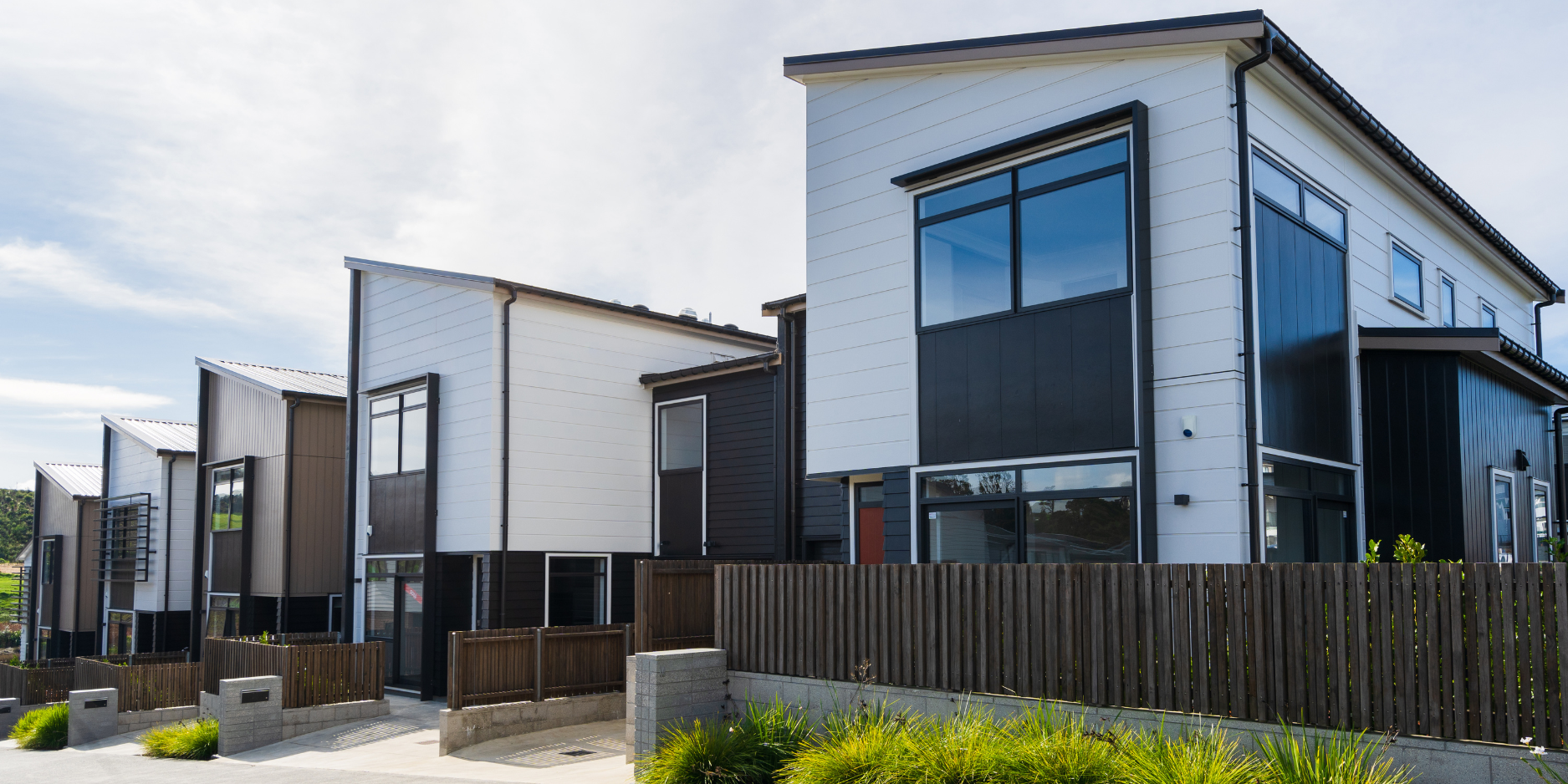A new report by CBRE has found that incredibly tight vacancy rates across the residential and industrial property markets are likely to lead to a “rent-a-demic” in 2023.
CBRE said that following surging construction costs and lower levels of new supply, rental growth will drive the industry’s direction, resulting in weaker values and strong rent growth.
CBRE’s head of research, Pacific, Sameer Chopra said he expects to see a reversion of history in 2023.
“We expect weaker values and strong rent growth, with tight vacancy rates likely to lead to a ‘rent-a-demic’ in the industrial and residential markets,” Mr Chopra said
The report suggests that apartment rents could grow by 30 per cent over five years across the major capital city markets due to tight vacancy rates and a lack of new stock, while 2023 residential apartment construction is likely to be around 45 per cent below the 2017 peak.
East coast cities are expected to experience rental growth of 4–6 per cent per annum, with growth of 6–7 per cent per annum on the west coast, given the significant mismatch between demand and supply for inner-city apartments.
The constrained levels of supply and the country-wide vacancy rate of 0.6 per cent in the industrial and logistics sector will help fuel high single-digit rental growth in most Australian markets in 2023.
CBRE is also forecasting construction costs to fall by 10–15 per cent in 2023 as labour becomes more readily available and the cost of raw materials falls. This will help development projects get off the ground in the industrial and residential sectors.
The report shows that nearly three-quarters of the office relocation decisions in major city CBDs over the past two years have been to premises that commanded rents that were 9.5 per cent higher.
While rent is important, CBRE’s Head of Office Research Australia, Tom Broderick, said their data suggests other factors are taking precedence in occupier decisions.
“This theme should be supportive of new builds and re-developments,” Mr Broderick said.
CBRE is forecasting that the slowdown in real estate investment activity, which began in the second half of 2022, will continue this year, with a mid-single-digit decline in transaction volumes for 2023, before a 20 per cent rebound in 2024. The report indicates that the cost of funding has challenged deal flow and activity is expected to pick up as interest rates reach their peak.
The report suggests that the current slowdown in sales activity is largely due to a lack of consensus on pricing between vendors and buyers. With rates likely to stabilise in the first half of 2023, investors will have more confidence, which should mean deal flow will increase towards the end of the year.
Disclaimer: The content of this article is general in nature and is presented for informative purposes. It is not intended to constitute tax or financial advice, whether general or personal nor is it intended to imply any recommendation or opinion about a financial product. It does not take into consideration your personal situation and may not be relevant to circumstances. Before taking any action, consider your own particular circumstances and seek professional advice. This content is protected by copyright laws and various other intellectual property laws. It is not to be modified, reproduced or republished without prior written consent.

